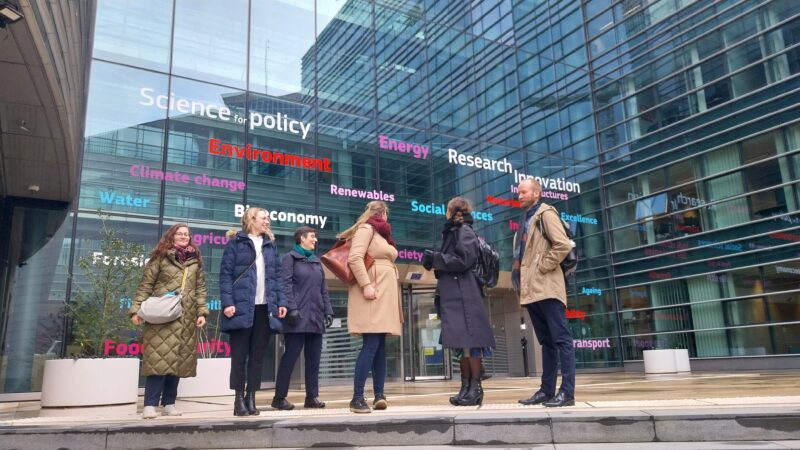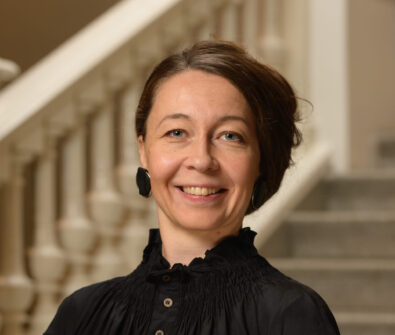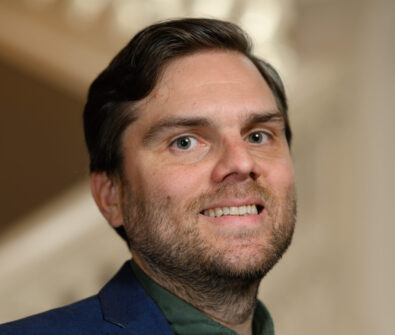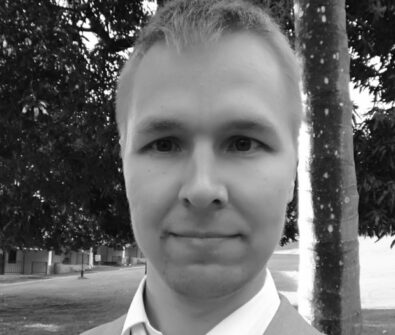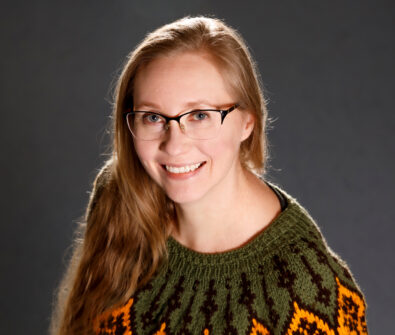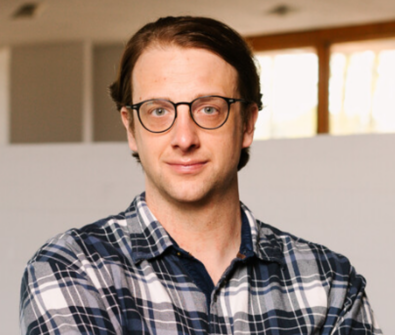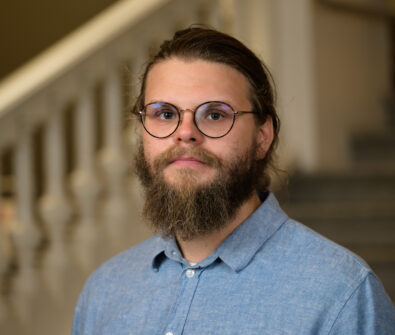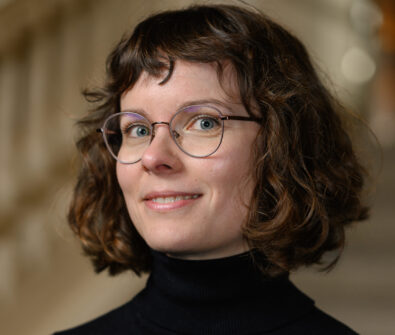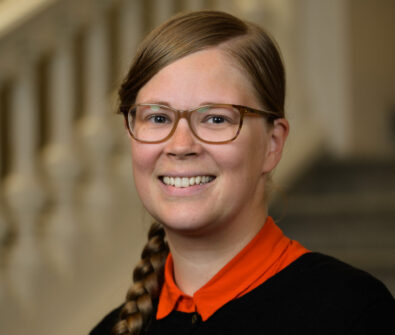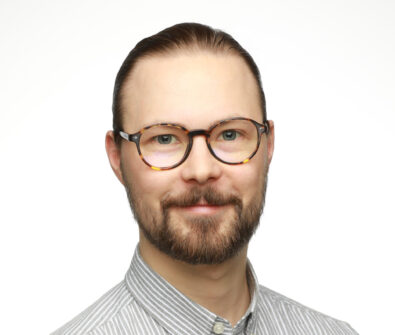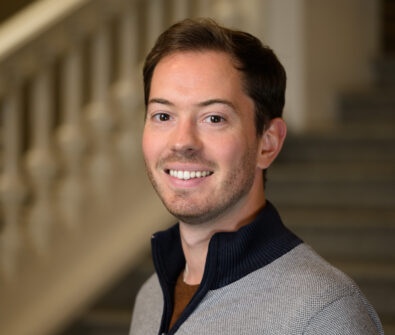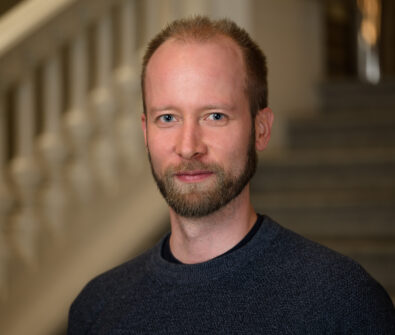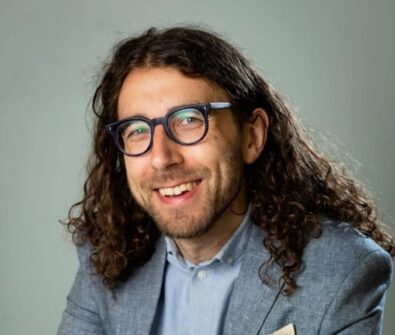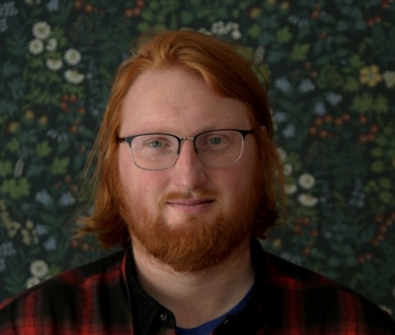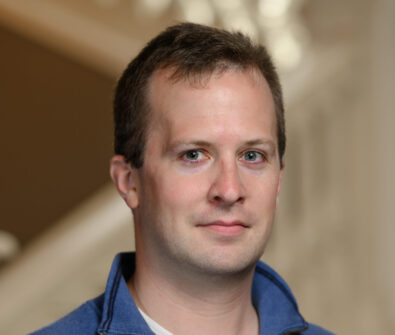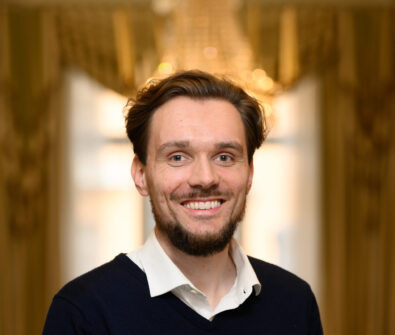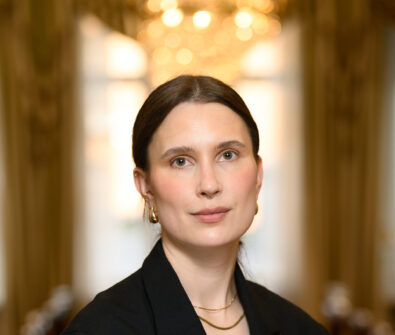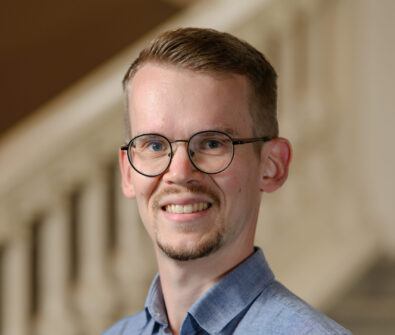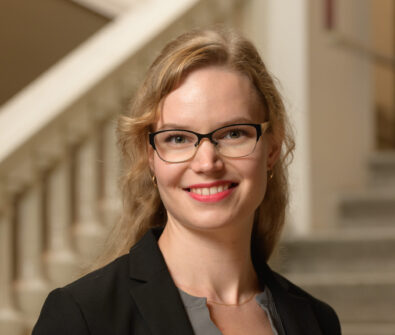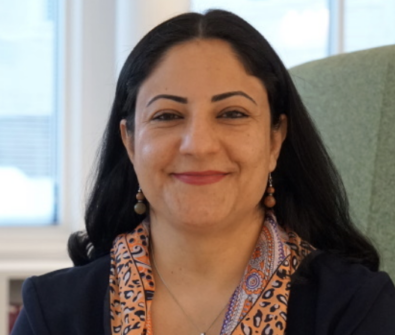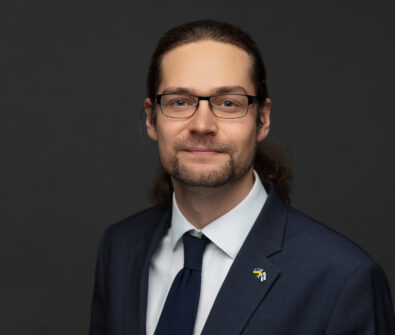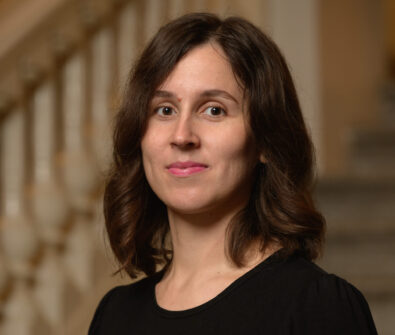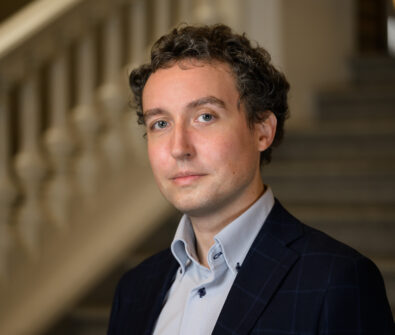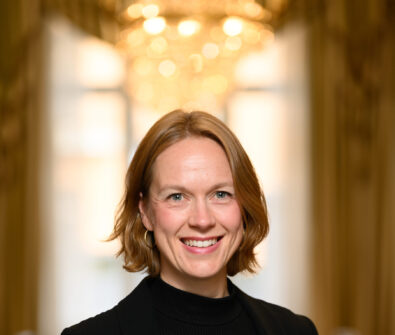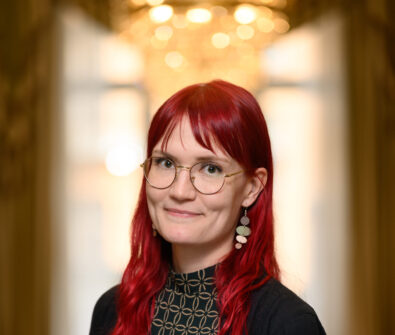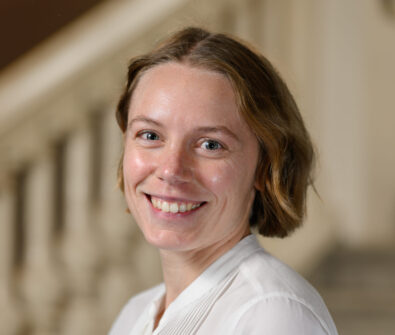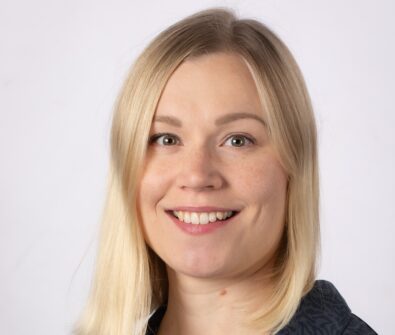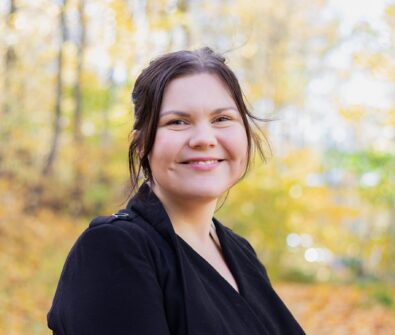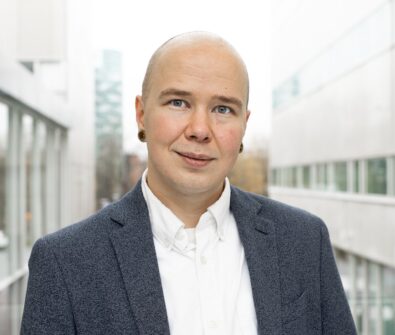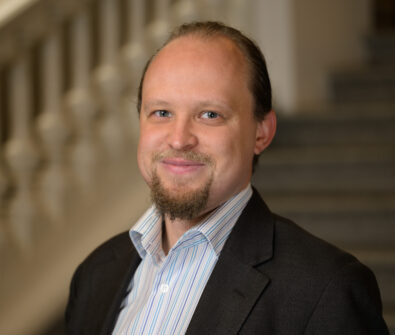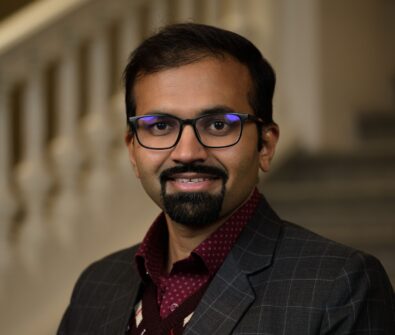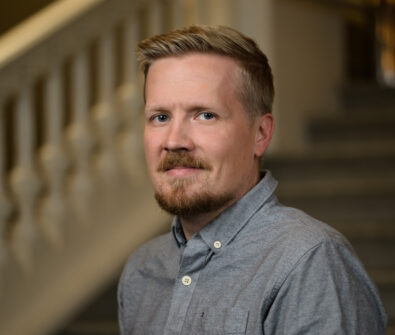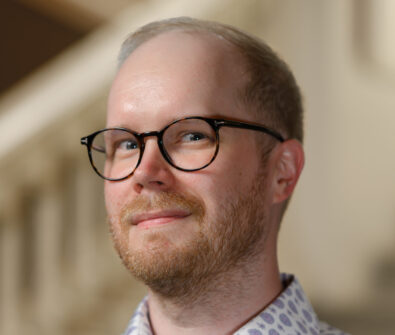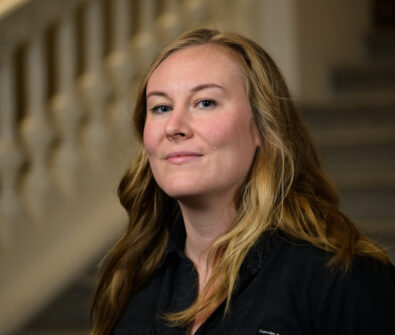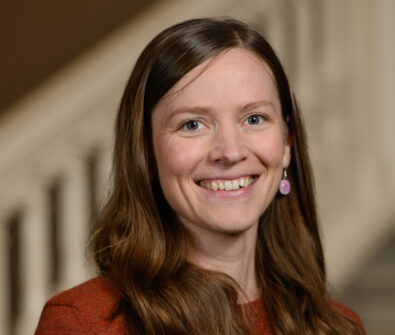In December 2024, the Young Academy Finland (YAF) organized a trip for its members to visit the EU’s science for policy bodies in Brussels. The trip aimed to raise the YAF’s profile, better understand its potential role in science for policy work, and increase individual members’ knowledge of science advice.
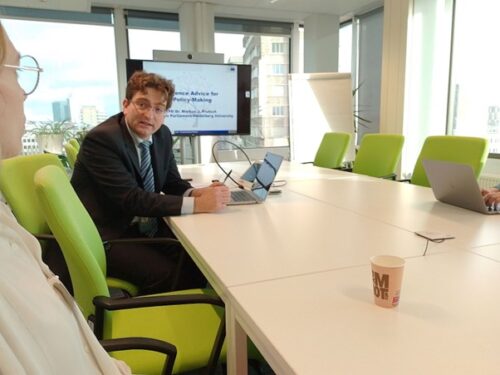
In December, six members of the YAF and its science coordinator visited Brussels to learn more about the different organizations involved in science for policy and science advice at the EU level. At the European Parliament, the group was hosted by Markus Prutsch, a member of the Global Young Academy, researcher, and European Parliament administrator, with whom they discussed science advice, particularly from the perspective of early-stage researchers. Other sites visited included the Joint Research Centre of the Commission and the Commission’s Directorate-General for Research and Innovation (DG RTD), particularly its Scientific Advice Mechanism, which produces evidence reports and policy recommendations commissioned by the Commission.
The visits were thought-provoking but also raised questions about potential interfaces and the role of young researchers in EU scientific advice.
“The visit reinforced the idea that early career researchers have a lot to offer and a lot of strengths to bring to science advice. The involvement of young researchers is welcome”, says Riikka Hiltunen, Science Coordinator at the YAF.
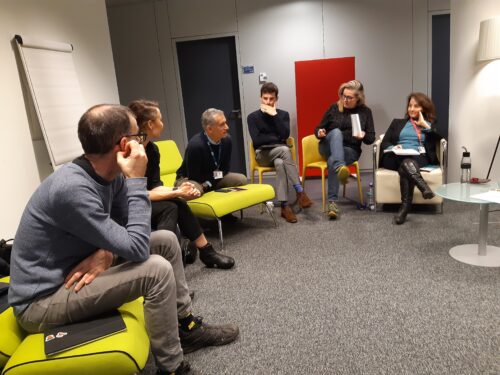
“On the other hand, all those coordinating science advice are well aware of the challenges that can be faced in engaging people at this stage of their careers. Our role is at least to make these opportunities more visible”, she continues.
The discussions highlighted themes that are also relevant at the level of national advocacy: the importance of timing, responding to information requests, and the importance of trust and personal relationships.
“In particular, the importance of trust in knowledge-influencing activities, not only in relation to policies and decision-makers but also horizontally, as described by the people we met, stuck in my mind. Face-to-face interaction and humanity are needed. I think this trip provided both, and I can see that we made the YAF visible precisely by having a small group of us talking about the issues that move us in person,” sums up Veera Ehrlén, a member of the YAF Board.
On the other hand, the individual researcher’s role was counterbalanced by the major players in the scientific field as influential communicators.
“It was good to hear that the EU considers organizations such as ALLEA, which represents all European science academies, useful and reliable partners. This confirms my idea that it is good for the YAF to try to be involved in such organizations, even though sometimes they seem like very large and abstract entities,” says Velma Aho, YAF’s head of international activities.
The lessons learned during the trip will be further developed by the whole member group, for example, in workshops in the coming period.
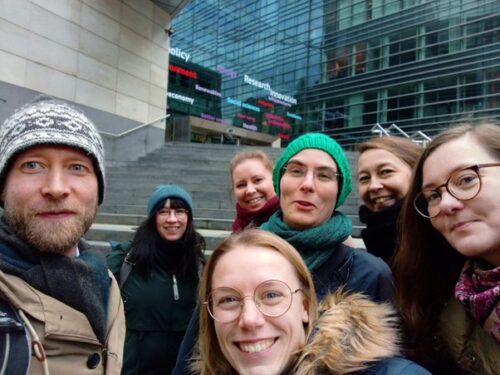
The EU bodies and institutions we visited during the trip:
European Parliament
– Parliament’s research services provide independent research and scientific advice for Parliament.
– The purpose of the scientific advice is to assist with legal, economic and technical aspects of policy-making and to assess the implementation of EU legislation.
– Research Services recruits researchers as experts to meet the various needs of scientific advice through open calls for applications and direct contacts.
SAM/Sapea:
– The Scientific Advice Mechanism (SAM) consists of the Commission’s Directorate-General for Research and Innovation, SAPEA (Scientific Advice for Policy by European Academies) and Chief Scientific Advisors (CSAs).
– The service produces evidence reports and policy recommendations commissioned by the Commission
– A Young Academies Science Advice Structure (YASAS) was set up in 2020 within SAPEA, of which the Young Academies of Science is a member
Joint Research Centre
– A research institute of the European Commission, employing around 2500 researchers
– Research focuses in particular on areas relevant to EU policy-making
– The JRC is constantly looking for researchers to join its staff, read about opportunities here: https://joint-research-centre.ec.europa.eu/working-us/jobs-jrc_en
Photos by Samuli Autti, Sanna Selinheimo and Riikka Hiltunen


